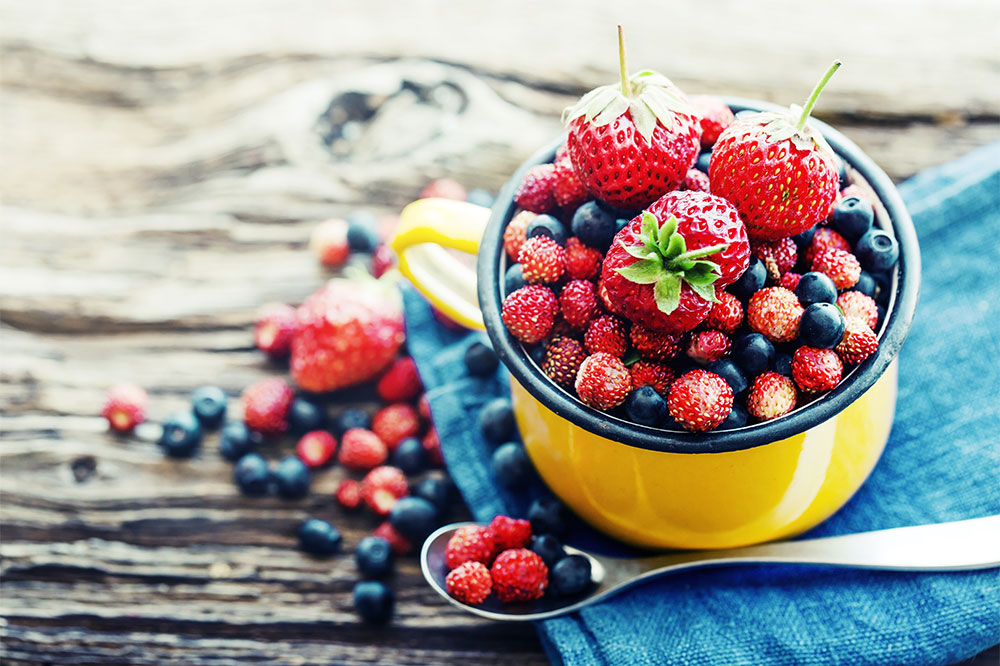Top 5 Foods to Help Manage Eczema Naturally
Discover five nutrient-rich foods that may help reduce eczema flare-ups and support healthier skin. Incorporating berries, probiotic-rich yogurt, potassium-packed bananas, nourishing broths, and dairy-free rice milk into your diet could be beneficial. Remember to consult healthcare professionals for personalized treatment options and always seek expert advice for managing eczema effectively.

Top 5 Foods to Support Eczema Management
Eczema, also known as atopic dermatitis, is an inflammatory skin condition that affects one in four adults. It often results in itchy rashes, dry skin patches, irritation, and blistering. The condition is linked to genetic and environmental factors, and many individuals with eczema also have food allergies. Dietary choices can significantly influence eczema symptoms. Here are five foods that may help reduce flare-ups and promote healthier skin.
Berries
Berries like raspberries, blueberries, strawberries, and blackberries are rich in quercetin, a plant-derived flavonoid that gives these fruits their vibrant colors.
Quercetin
This compound acts as an antihistamine and antioxidant, protecting cells and reducing inflammation. Consuming berries regularly can help prevent eczema flare-ups and soothe irritated skin.
Yogurt
Loaded with probiotics, yogurt boosts immune health and decreases allergic responses. It helps lessen eczema severity. Other fermented foods such as kefir, sauerkraut, miso, sourdough, and kombucha also support gut and skin health.
Bananas
High in potassium, bananas help reduce inflammation and skin irritation. Potassium is an anti-inflammatory mineral that can lessen flare-up intensity. Additional sources include sweet potatoes, white beans, avocados, and acorn squash.
Broth
Beef and chicken broth are nutrient-dense, comforting options that support skin repair. Broths made from lean meats provide essential nutrients to help maintain healthy skin and prevent eczema flare-ups.
Rice Milk
A dairy-free alternative, rice milk is especially beneficial for those allergic to dairy products like cow’s milk. Since food allergies can trigger eczema, choosing hypoallergenic beverages can help manage symptoms effectively.
While these foods may assist in controlling eczema symptoms, they should complement, not replace, medical treatments. Treatment options include medications such as DUPIXENT® (dupilumab), corticosteroids, and other prescribed therapies. Always consult a healthcare professional for personalized advice and discuss potential side effects before starting any new treatment plan.










